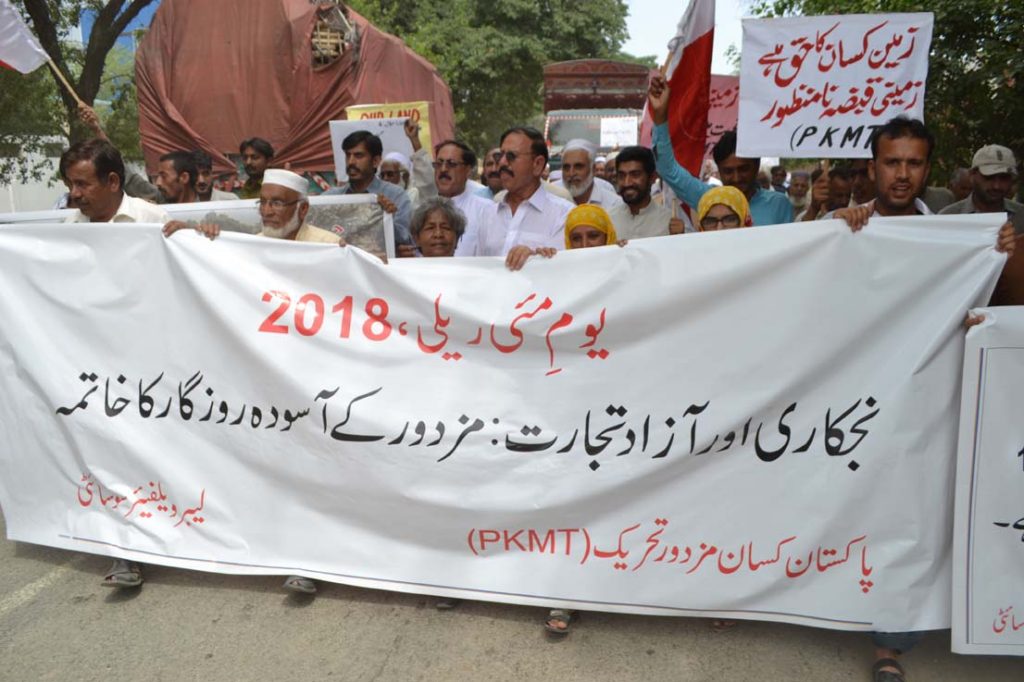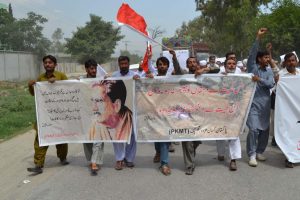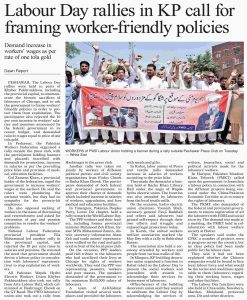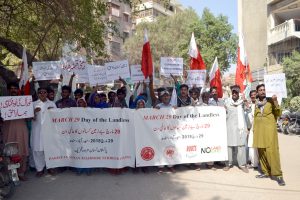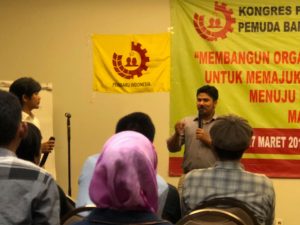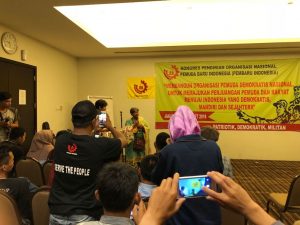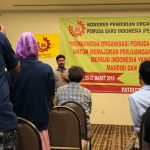By Arvind Kumar | NEW DELHI | 30 December, 2017
Dense smog covers Delhi-Gurugram Expressway in Gurugram on 5 December. IANS
Delhi’s problem of being covered by smoke started right after the Punjab Preservation of Subsoil Water Act in 2009, which delayed the burning of crops till late October, was implemented for the first time.
Until a few years ago, when farmers in Punjab burnt the remnants of the rice crops in their fields in preparation for sowing wheat, the smoke from such fires was confined to Punjab. Back then, farmers burnt the straw in late September and early October. According to a publication of the Indian Council of Social Science Research published in 1991, “At the end of September and in early October, it becomes difficult to travel in the rural areas of Punjab because the air is thick with the smoke of burning paddy straw.” However, in recent years, farmers have delayed the burning until late October.
This delay is crucial and responsible for the smoke being carried all the way to Delhi. An analysis of the wind flow patterns reveals that wind blows into Delhi primarily from the west during the monsoon season, but changes direction in October when it starts blowing into Delhi from the north.
The decision to delay the clearing of the fields was not the choice of farmers, but was forced on them by the Punjab government, which passed the Punjab Preservation of Subsoil Water Act in 2009. According to this law, farmers can no longer sow rice in April, but have to wait until the middle of June to do so. Haryana too has copied Punjab and passed a similar law. Rice has a 120-day period between germination and harvest, and the restriction on sowing the grain means that the fields would be harvested and cleared only in October, by which time the direction of the wind would have changed. In what has turned out to be a real world example of the Butterfly Effect, Delhi’s problem of being covered by smoke started right after this law was implemented for the first time. Before this law was passed, the problem in Delhi was limited to vehicular and industrial pollution, apart from smoke from bonfires in winter, and there were no reports of the entire metropolitan area being enveloped by smoke.
This piece of legislation was passed ostensibly to preserve groundwater, the depletion of which was blamed on rice fields, which supposedly not only used too much water, but also lost a significant quantity of water to evaporation, but this argument is a very tenuous one. According to the International Water Management Institute (IWMI), water in rice fields contributes to recharging the groundwater and very little of it is lost to evaporation. The data from Uttar Pradesh in IWMI’s analysis shows that rice fields in the state contributed to increasing the level of the water table, thus supporting the claim that water in rice fields replenishes the aquifers.
The group that has been primarily responsible for exerting pressure to move away from growing rice in the name of “crop diversification” is the United States Agency for International Development (USAID), which operates out of the American embassy. Over a period of several years, it has used the excuse of preventing the decline of groundwater to push this agenda. USAID has a worldwide reputation of behaving like a front group for American multinational corporations such as Monsanto. Former American diplomat Jeanine Jackson recently justified her intervention in favour of Monsanto when she served as the American ambassador to Burkina Faso by claiming that the advocacy of American businesses and investments was the “number one task” for ambassadors.
It should, therefore, come as no surprise that Monsanto will be the primary beneficiary of USAID’s purported solution for Punjab’s problems. According to their solution, farmers need to stop growing rice and replace it with Monsanto’s genetically modified (GMO) maize.
India’s surplus food grain supply is an uncomfortable fact for Monsanto and other proponents of GMO food, who insist that the world would face a shortage of food grains if not for genetically engineered plants sold by Monsanto. It is in this light that one must view Monsanto’s collusion with the Punjab government and their joint efforts targeting the production of rice in India. In 2012, the then Punjab Chief Minister asked Monsanto to set up a research centre for creating maize seeds and announced plans to reduce the area under the cultivation of rice by around 45% in order to grow maize. Monsanto typically co-opts not only politicians, but also members of the academia and converts them into its shills. Little wonder then that the passage of the law in Punjab was preceded by fear mongering about the cultivation of rice, which reached a feverish pitch a few years back in the form of a campaign advertisement from a group of “eminent scientists” who appealed, “Chonne hetho rakba katao, Pani Bachao, Punjab Bachao (Reduce the area under rice, Save Water, Save Punjab)”.
Monsanto now offers the replacement of rice by its GMO crops as a solution that will increase the level of subsoil water, but the multinational corporation is the cause of the problem. Its fertilizers and pesticides have accumulated in the ground over the years, and this has led to poor retention of moisture in the soil, leading farmers to pump out excessive amounts of underground water. The new law, reducing the time period during which farmers are permitted to grow rice, has further accentuated this problem.
Monsanto now offers the replacement of rice by its GMO crops as a solution that will increase the level of subsoil water, but the multinational corporation is the cause of the problem. Its fertilizers and pesticides have accumulated in the ground over the years, and this has led to poor retention of moisture in the soil, leading farmers to pump out excessive amounts of underground water. The new law, reducing the time period during which farmers are permitted to grow rice, has further accentuated this problem. Farmers had developed their own method of crop diversification by growing multiple varieties of rice and staggering the time of sowing these varieties over a period of two months beginning in April. The loss of the ability of farmers to easily diversify their rice crop, combined with the fact that late sown rice is vulnerable to diseases and pests has created a fear in farmers of losing their crop, leading them to use greater amounts of pesticides and fertilizers, further degrading the soil and its ability to retain water.
Monsanto’s GMO products are known to cause several problems. Its maize is known for killing bees, leading to a shortage of seeds of plants such as onions which depend on bees for pollination. Several European countries have banned its maize as its pollen has been responsible for killing entire colonies of bees. Monsanto’s GMO maize is also not fit for human consumption and is primarily used as chicken feed. Likewise, most of Monsanto’s wheat is used to feed animals because it is unfit for human consumption. Thus the government’s plan to replace the cultivation of rice—which is the staple food for a large section of the population of India—by Monsanto’s chicken feed is a cynical move that will result in government created food shortages in the country.
The problems related to the low levels of groundwater and the inability of the soil to retain moisture must be solved, but the solution should not be a drastic one, such as creating famines by banning food items such as rice. Before the level of groundwater fell in Punjab, the state experienced a problem of water-logging, which was partially solved by pumping out the excess groundwater. Thus, it is clear that an acceptable level of the water table can be maintained by finding a proper balance between the two extreme situations, without replacing any crop.
In 2012, the then Punjab Chief Minister asked Monsanto to set up a research centre for creating maize seeds and announced plans to reduce the area under the cultivation of rice by around 45% in order to grow maize.
Today, farmers burn the residual straw from the cultivation of rice as it is an affordable method of clearing the fields. A ban on such burning will destroy the livelihood of poorer farmers and give way to industrial farming, with a few large corporations such as Monsanto taking over all the land and resources. The government has already helped large corporations through a slew of measures and it must not take any more steps that run the small farmers out of business. Instead, if it wants to prevent burning, it must help small farmers clear the fields between the rice and wheat seasons and help them implement proper water management solutions. This would mean going against the rules set forth by the World Trade Organization, which has mandated that no business other than American multinational corporations can receive aid or subsidies from the government, and any subsidy given to American businesses will be done under the cover of “research grants” funnelled through universities. India should completely ignore these rules and fix its problems, not the least of which is the yearly phenomenon of smoke cover over Delhi.
The Delhi metropolitan area has one of the highest agglomerations of population in the world, and suffocating the people of the area on an annual basis should be treated as a crime against humanity, especially when the cause for such suffocation can be easily controlled. Although smoke from fields remaining within Punjab is also a problem that needs to be addressed, it is not as severe a problem as in Delhi, as the smoke in Punjab would be spread over a larger area with a much lower population density. For now, a step that should be taken immediately in order to prevent Delhi from becoming a gas chamber for several days every November, is to revoke what should rightfully be called the Monsanto Profit Act of 2009 and permit farmers to sow their rice crop whenever they deem it fit to do so.
http://www.sundayguardianlive.com/news/12191-law-aiding-monsanto-reason-delhi-s-annual-smoke-season
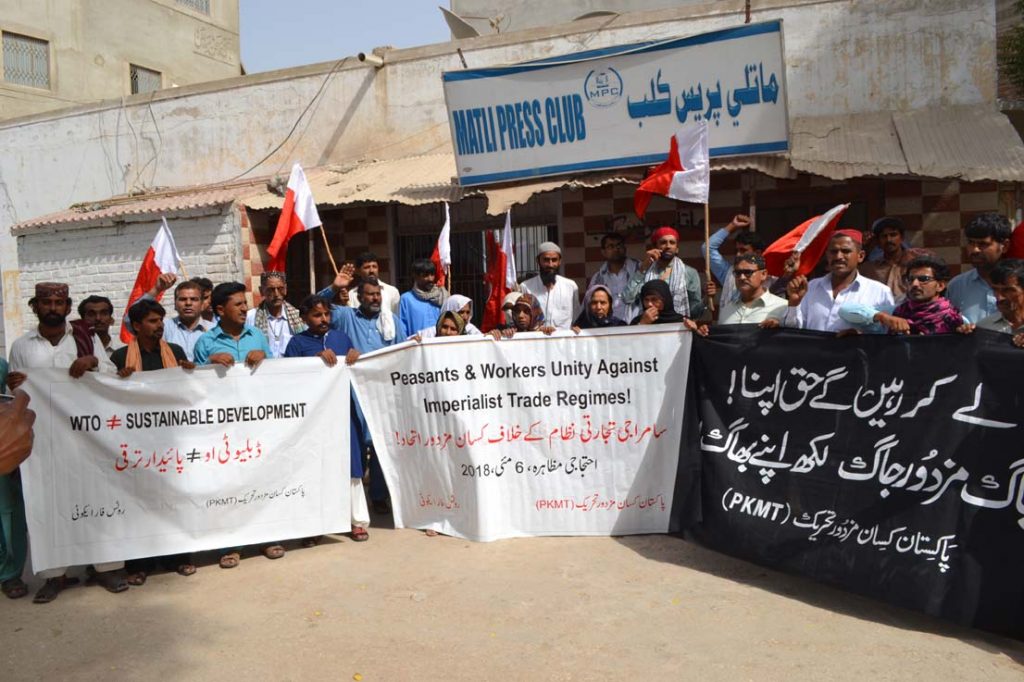 پی کے ایم ٹی کے رہنماؤں کا اس موقع پر کہنا تھا کہ ورلڈ ٹریڈ آرگنائزیشن جیسے عالمی سامراجی اداروں اور ممالک کی ایماء پر ملک میں مسلط کردہ زرعی و تجارتی پالیسیوں کے نتیجے میں چھوٹے اور بے زمین کسان مزدور بھوک، غربت، غذائی کمی، بیروزگاری کا شکار ہوکر زراعت چھوڑنے پر مجبور ہورہے ہیں۔ ڈبلیو ٹی او کے ٹرپس جیسے معاہدوں پر عملدرآمد کرتے ہوئے بیج کا ترمیمی قانون اور پلانٹ بریڈرز رائٹس جیسے قوانین کے نفاذ کے ذریعے کسانوں کو ان کے روایتی بیج سے محروم کرکے بین الاقوامی زرعی کمپنیوں کو ان کے استحصال کی کھلی چھوٹ دے دی گئی ہے۔ ملک میں غربت کے خاتمے اور پیداوار میں اضافے کے نام پر غیر پائیدار کیمیائی زراعت کا فروغ کسانوں کو مزید غربت میں دھکیل رہا ہے۔ غیر پائیدار طریقہ زراعت کے تحت زیادہ پیداوار حاصل ہونے کے باوجود کسان خالی ہاتھ رہ جاتا ہے جبکہ سارا منافع بیج اور دیگر مداخل بنانے والی دیوہیکل زرعی کمپنیوں کی جیب میں چلاجاتا ہے۔ ان ہی پالیسوں کے نتیجے میں کسان مقامی منڈی میں اپنی پیداوار فروخت کرنے سے بھی قاصر ہیں۔ دوسری طرف غیر پائیدار کیمیائی طریقہ زراعت ناصرف ماحولیاتی اور غذائی نظام کو زہر آلود کررہا ہے بلکہ عوام میں بڑے پیمانے پر مختلف بیماریوں میں اضافے کا سبب بن رہا ہے۔
پی کے ایم ٹی کے رہنماؤں کا اس موقع پر کہنا تھا کہ ورلڈ ٹریڈ آرگنائزیشن جیسے عالمی سامراجی اداروں اور ممالک کی ایماء پر ملک میں مسلط کردہ زرعی و تجارتی پالیسیوں کے نتیجے میں چھوٹے اور بے زمین کسان مزدور بھوک، غربت، غذائی کمی، بیروزگاری کا شکار ہوکر زراعت چھوڑنے پر مجبور ہورہے ہیں۔ ڈبلیو ٹی او کے ٹرپس جیسے معاہدوں پر عملدرآمد کرتے ہوئے بیج کا ترمیمی قانون اور پلانٹ بریڈرز رائٹس جیسے قوانین کے نفاذ کے ذریعے کسانوں کو ان کے روایتی بیج سے محروم کرکے بین الاقوامی زرعی کمپنیوں کو ان کے استحصال کی کھلی چھوٹ دے دی گئی ہے۔ ملک میں غربت کے خاتمے اور پیداوار میں اضافے کے نام پر غیر پائیدار کیمیائی زراعت کا فروغ کسانوں کو مزید غربت میں دھکیل رہا ہے۔ غیر پائیدار طریقہ زراعت کے تحت زیادہ پیداوار حاصل ہونے کے باوجود کسان خالی ہاتھ رہ جاتا ہے جبکہ سارا منافع بیج اور دیگر مداخل بنانے والی دیوہیکل زرعی کمپنیوں کی جیب میں چلاجاتا ہے۔ ان ہی پالیسوں کے نتیجے میں کسان مقامی منڈی میں اپنی پیداوار فروخت کرنے سے بھی قاصر ہیں۔ دوسری طرف غیر پائیدار کیمیائی طریقہ زراعت ناصرف ماحولیاتی اور غذائی نظام کو زہر آلود کررہا ہے بلکہ عوام میں بڑے پیمانے پر مختلف بیماریوں میں اضافے کا سبب بن رہا ہے۔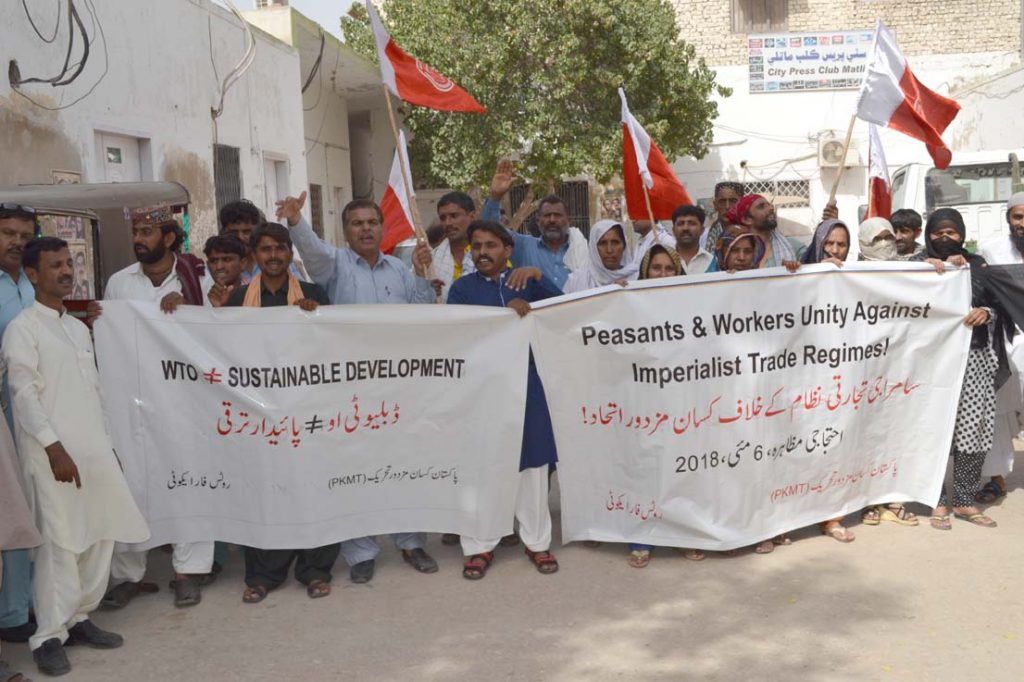 جاری کردہ : پاکستان کسان مزدور تحریک
جاری کردہ : پاکستان کسان مزدور تحریک
